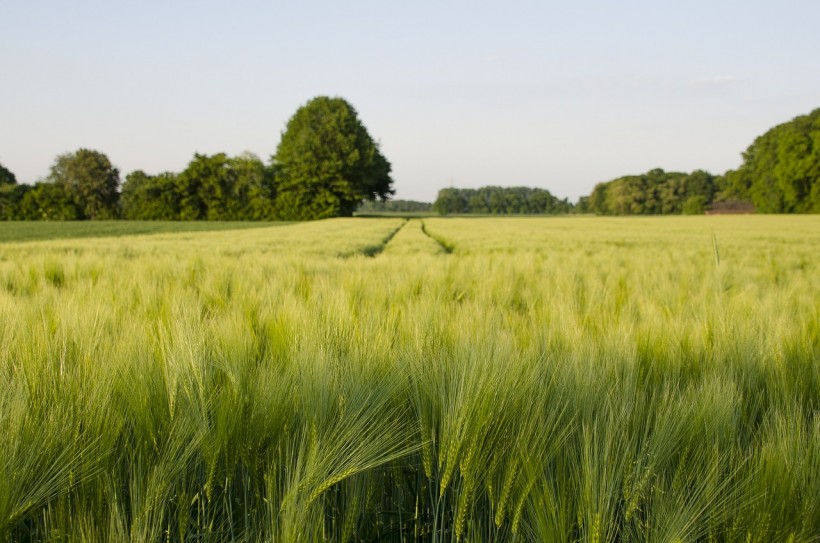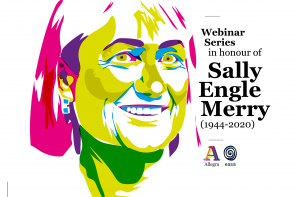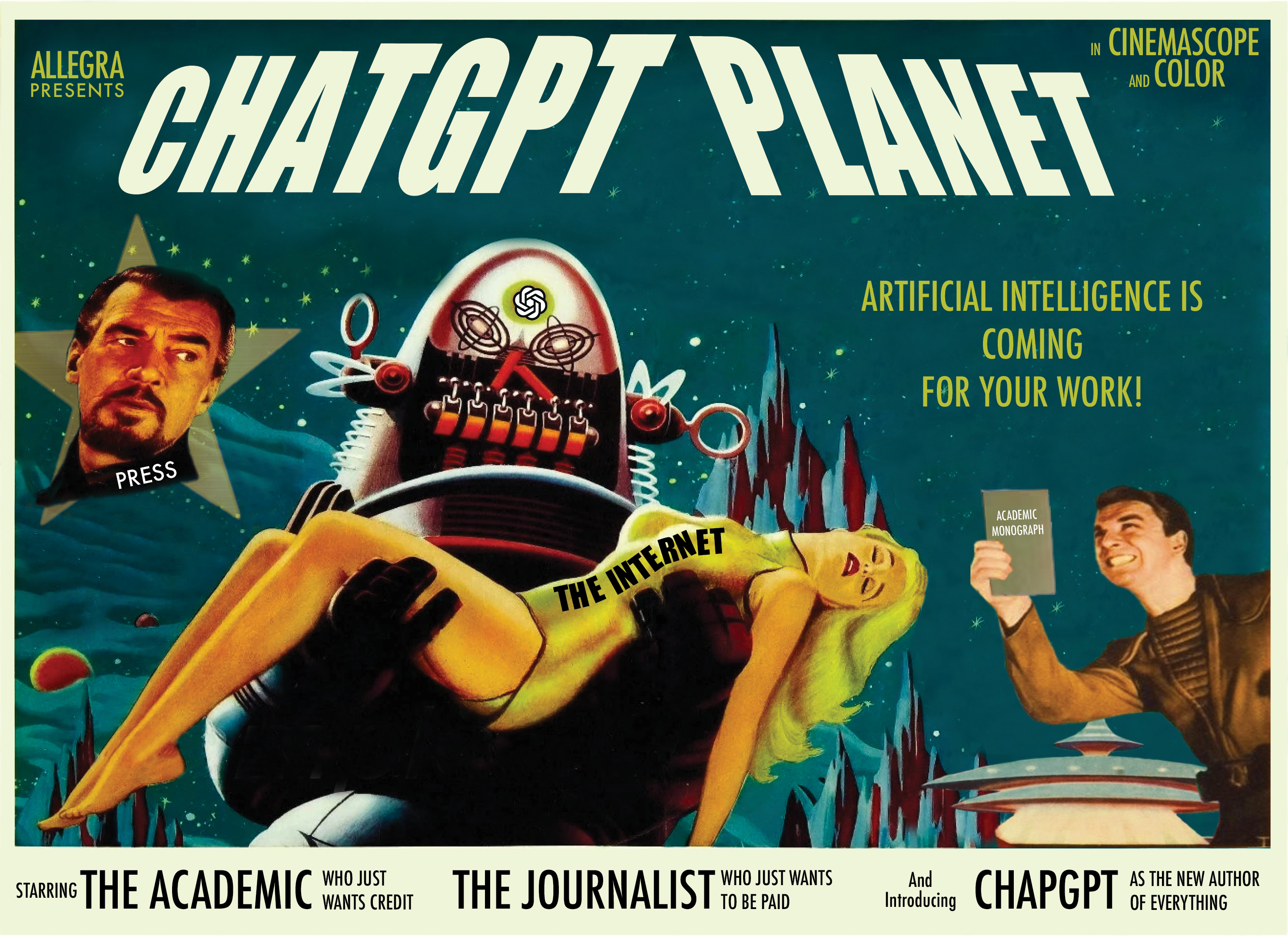This week we have dedicated an unusual amount to one single publication. This has in part been because of the unabashed claim – from one of Allegra’s founders who is also the book’s co-editor – that in fact it is no ordinary volume. Rather, it endeavors to be a hallmark for an entire scholarly debate, and arguably the start of a new phase in that debate, namely the study on the history of human rights.
Simultaneously there have been other reasons for focusing on just one book, on ‘just another edited volume’: to remind us all of what the Academic Slow Food Manifesto guiding Allegra’s operations really signifies. It means the need – the luxury – on occasion not to just skim through a new publication, but rather to read it as we once read books as newcomers into our professional space: with time, with care, with frustration even. And likely with a sharp pen to go with the exercise to caressingly mark down all of our observations in the margins.
How often do you/we still do this? How many books do we read annually with the kind of time and diligence that they really deserve?
These words are not intended to guilt anyone. There is enough of that going around as is. The pressure to do more – to be more – is so painfully familiar that we certainly need no more of that!
Rather these words are intended as an invitation for collective self-reflection: with the continual tightening of our academic schedules, the shortening of time frames that we can spend on individual projects or PhDs, the endless search for funding, and the equally unending reporting and auditing responsibilities, we have less and less time for what we arguably should still be doing: reading, writing, researching, reflecting. To write this reality down on paper somehow concretizes its ridiculousness – and hopefully serves as a wake-up call of sorts too.

Image by Florin Gorgan (flickr, CC BY-SA 2.0)
After all, no matter how much we wish to argue that collectively we don’t make the rules, we just follow them, in reality this is not true!
Every time we assess the worth of a colleague’s work via the measuring stick – aka the number of citations a given piece has generated, or the number of publications that a given scholar has produced – rather then via its substance, we become complicit in making the world of quantified measuring and audit that much more real! Every time we review a research proposal and insist on interpreting its quality via its explicit embrace of ‘indicators’ and ‘measurable impact’, we restrict the scope of our creative scholarly freedom concomitantly.
We subtly become complicit in strengthening the narrow cage in which many policy makers and funders would gladly lock us up.
Admittedly resistance is not easy – the new managerial systems have certainly seen to that. Whether it is via consent forms or ‘performance assessment debates’ with our ‘bosses’, previously known as our ‘academic supervisors’ or ‘colleagues’, this new management culture has been extraordinarily effective in its ability to block off avenues for challenge. How does one resist these managerial techniques if the very continuity of one’s professional career is on the line, as is so often these days with temporary research positions?
How does one question the very real need to ‘publish rather than perish’ when this demand is imposed in very clear numerical terms – as is for example the case with tenure track positions? How does one stay true to the sense of ‘inner importance’ of scholarly work in a reality of assessment categories A1, B2 and so forth? All of which very concretely translate into funding – in other words, the continued possibility to do one’s very profession. To even call oneself a scholar.
Simultaneously this emphasis on quantified ‘impact’ in important ways standardizes scholarly ‘output’. Highlighting this has been one of the purposes of this week, as this book in many ways is the outcome of multiple levels of rebellion.
First, its working process has been slow, almost excruciatingly so. The idea behind this book started to form in the first years of the new millennium, receiving its first concrete articulation in the summer of 2007. After successful funding applications, work for the book got started in 2009, with author invitations sent out in 2010. We held two respective book meetings, in Autumn of 2011 and Summer of 2013.
We worked on the introduction for months. More than seems reasonable in retrospect – and definitely more than many of our seniors thought advisable. Much of this time was due to the other increasingly frowned-upon feature characterizing this venture: from the start, it was an open-ended query, not guided by a clearly cut vision of just what exactly it addressed, via what ‘methods’, theoretical framework(s) – or even concepts. Figuring these elements out was thus an integral part of this book’s working process, both for the chapters jointly as well as for the introduction separately.
Sadly, in today’s academic all of these features are likewise increasingly threatened.

Pic: pixabay.com
To top it all off, the outcome of all this work is an increasingly frowned-upon edited volume, rather than the much more prestigious special issue of an international peer reviewed journal. Yes, admittedly none of this makes any sense – and sadly most of it translates poorly in quantified assessment exercises.
However, to us none of this really matters. This is how we wanted to do things, and we were fortunate to have the opportunity to do so – even if not entirely without sacrifices. At this stage it remains impossible to know whether all of this will really pay off in terms of the kind of ‘impact’ that this book would eventually have on the debate that it addresses, namely the history of human rights.
Yet this much is certain: as a consequence of all of the above, we have in our hands a volume that we are proud of.
We respect the joint engagement of our authors enormously, as well their patience to wait for this process to be completed as their willingness to engage with our editorial comments. Together all this can only signal one thing: no matter how bad things seem to be growing, the shared creative spark that has always motivated academic work is still very much alive and vibrant!
With these thoughts in mind it is a great pleasure to conclude this thematic week by sharing the dedication that we chose also for this book, with hopes that it may serve as inspiration for continued scholarly creativity – and also resistance:
This book and this post are dedicated to academic freedom. May they forever thrive!
Feature Image by nao.k (flickr, CC BY 2.0)







